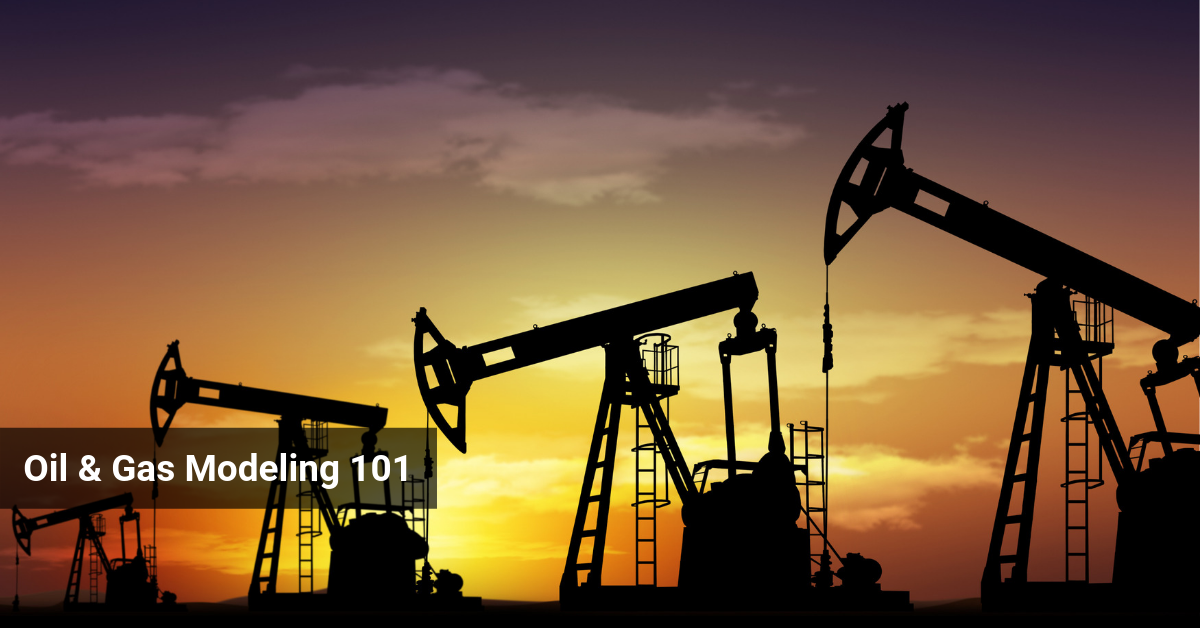.jpg)
.jpg)
This course will cover the oil processing and conditioning of a surface facilities system. Participants will learn about the concept of the oil production and processing system. This course will cover the system all the way from the wellhead to the delivery of a specific oil product. The participants will learn how select and evaluate processes and equipment used to meet fluid specifications and how to apply physical and thermodynamic property correlations. They will also learn about the principles of the design and evaluation of oil production and processing facilities, how to perform equipment sizing calculations for major production facility equipment, and evaluate processing configurations for different applications.The candidates will learn about:
By the end of this course delegates will learn about:
Production, Operations, Facilities and Petroleum Engineers, Field Production Supervisors, Surface Equipment Technicians, who interact with field facility engineers/operators Surface Facility Operation Engineers, Surface Facility Design, Production Operation Engineers, Production Managers, Project Engineers, Field Operators, Chemical Engineers, Production Facilities Supervisors, Subsurface engineers, production technology engineers, reservoir engineers and managers involved in the field development and production of oil and gas, Process/facilities engineers and senior operating personnel involved with the design and operation of oil and produced water processing facilities, senior operating personnel, and production chemists
I – Hydrocarbon Reservoirs
II – Well Production Systems
III - Oil and Gas Gathering Systems
IV – Well Fluids Sampling
V – Process Facilities / Crude Oil Treatment and Storage
VI – Well Monitoring
VII – Production Database Collection / Reporting and Utilizing
CDGA attendance certificate will be issued to all attendees completing minimum of 80% of the total course duration
| Code | Date | Venue | Fees | Register |
|---|---|---|---|---|
| FAC101-02 | 11-05-2026 | Istanbul | USD 5950 | |
| FAC101-03 | 09-08-2026 | Dubai | USD 5450 | |
| FAC101-04 | 15-11-2026 | Amman | USD 5450 |

In today’s competitive oil and gas industry, with unstable oil prices, demand and supply uncertainties, the need to reduce operating costs, whilst maintaining quality and safety, improving returns for ...
Providing services with a high quality that are satisfying the requirements
Appling the specifications and legalizations to ensure the quality of service.
Best utilization of resources for continually improving the business activities.
CDGA keen to selects highly technical instructors based on professional field experience
Since CDGA was established, it considered a training partner for world class oil & gas institution
3012, Block 3, 30 Euro Business Park, Little Island, Co. Cork, T45 V220, Ireland
Mon to Fri 09:00 AM to 06:00 PM
Contact Us anytime!
Request Info